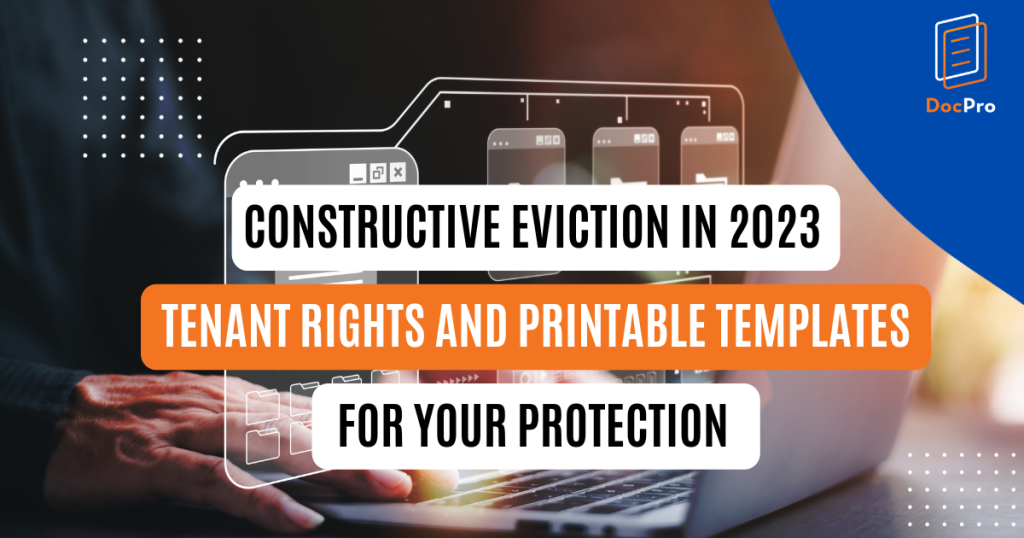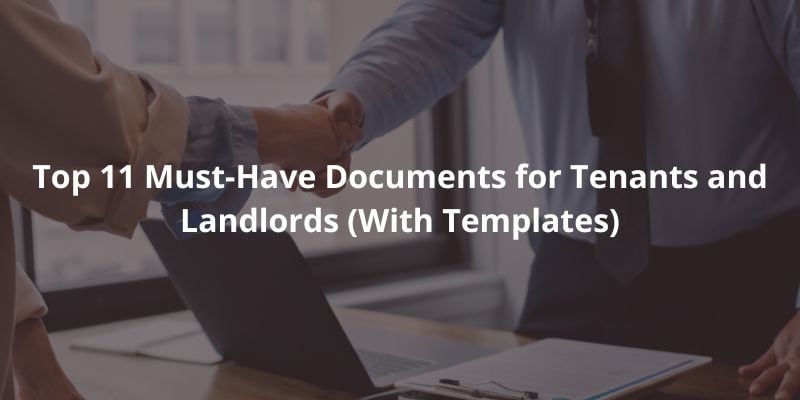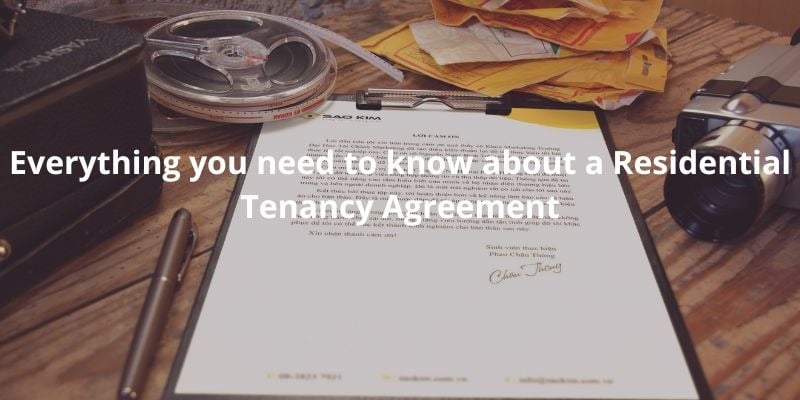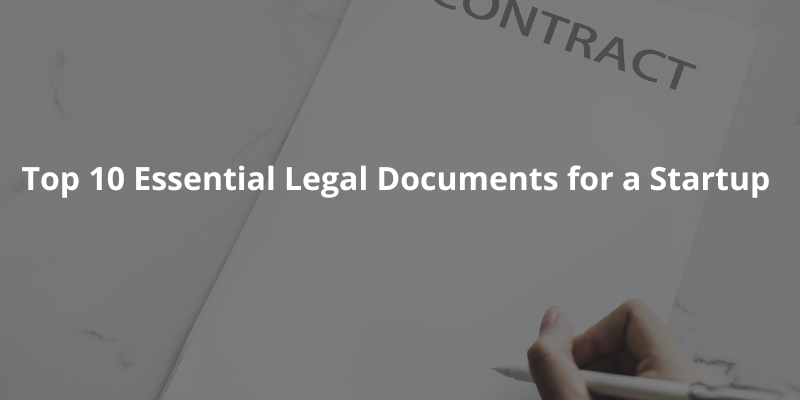Tenancy, Lease & Rental Agreement


A tenancy or a lease is an arrangement whereby the owner of the land, the landlord, or the lessor, agrees to grant the right to possession of his land to the tenant or the lessee, for a fixed period, on the payment of rent. Where the term granted is long, the arrangement is usually referred to as a ‘lease”. Where the term is short, the arrangement is referred to as a “tenancy”. However, if the arrangement only gives a person a non-exclusive right to occupy another’s land, it is a licence (e.g. shared office, hotel, or Airbnb types of arrangement).
A lease is commonly created for a term exceeding three years and executed as a deed. A deed is a document that both the lessor and the lessee will “sign, seal and deliver”. The lessee has a legal interest in the land.
A tenancy agreement is commonly created for a term usually not exceeding three years. It can be executed as a deed or signed underhand (i.e. by affixing a signature). Notwithstanding that a tenancy agreement is executed underhand, the tenant has a legal interest in the land if the tenancy does not exceed three years and the tenant remains in possession, pays market rent, and does not have to pay an extra payment to the landlord to obtain the tenancy.
The rights of a lessee under a lease for a longer term (usually exceeding three years) can be protected against third parties if the lease has been registered in the Land Registry. So if the lessor sells the property, the lessee will be able to enforce the lease against the new owner.
The interest of a tenant under a tenancy agreement/lease which does not exceed three years is protected against third parties even without registration so long as the tenancy is bona fide and the rent is at market rate.
If the lease/tenancy agreement contains an option to renew or to purchase, registration of the lease/tenancy agreement causes the option to bind the third party. The option creates an interest in land which needs registration to allow it to be enforced against the third party. The lessee/tenant must ensure the lease/tenancy agreement which contains the option is registered otherwise he cannot enforce it against a third party. That is if the lessor/landlord sells the land, and if the lease/tenancy agreement containing the option has not been registered before the sale, the new owner does not have to honour the option.
If you are renting out the property for a short period of time (e.g. for Airbnb), or only renting out a room and sharing the common space of a house, then you should sign a licence agreement instead (please see the section of Licence to Occupy). The main difference between a lease and a license, legally, is that a lease creates an interest in the land but a licence merely gives you permission to use the property. A licence to occupy is a legal agreement between the licensor (the party who owns the property) and the licensee (the seeking to occupy the property), giving the licensee the right to occupy the property for a defined length of time. A licensee has only a personal interest and this interest can be revoked by the landowner at any time.
There are a few advantages of entering into a licence to occupy for a landlord over a tenancy/lease. Firstly the licence is for non-exclusive possession, he, therefore, can let several different businesses under separate agreements. The second is that occupation is on a short-term basis. The licensor is therefore not committed for a long period of time but instead is able to make a temporary arrangement. However, the main purpose of granting a licence to occupy a business is to avoid "security of tenure" in many jurisdictions (legal protection afforded to tenants under legislation against arbitrary rent increases and landlord's attempts to repossess the property through eviction).
Tenancies/leases can be classified by reference to the purpose for which the premises is to be used. The two major purposes are domestic and commercial:
Domestic - a domestic tenancy/lease means a tenancy of certain premises for residential purposes or “let as a dwelling”. Whether or not a tenancy is a domestic tenancy is a question of fact, and generally speaking, if the actual principal use to which the premises are put is domestic, then the tenancy is a domestic tenancy.
Commercial – a commercial tenancy/lease relate to premises used for commercial purposes such as shops, offices, factories, warehouses, etc.
In many jurisdictions, local laws would offer the protection of "security of tenure" and "rent control" for Domestic but not Commercial tenancies/leases. As each jurisdiction is different, please check with your local lawyer.
Below are some documents we have available on DocPro:
|
Documents |
When to Use |
|
Tenancy Agreement - |
Tenancy Agreement for the lease of residential property with options on rent-free period and early termination. This is generally for a shorter term (usually less than 3 years). It can be in favour of the Landlord / Tenant / neutral. |
|
Tenancy Agreement - |
Tenancy Agreement for the lease of commercial property with options on rent-free period and early termination. This is generally for a shorter term (usually less than 3 years). It can be in favour of the Landlord / Tenant / neutral. |
|
Tenancy Agreement - |
Tenancy Agreement for the lease of residential property with options on rent-free period and early termination. This is generally for a shorter term (usually less than 3 years). The Landlord appoints a representative/manager to manage the property on its behalf. It can be in favour of the Landlord / Tenant / neutral. |
|
Lease - |
Tenancy Agreement for the lease of residential property with options on rent-free period and early termination. This is generally for a longer-term (usually more than 3 years and can be registered). It can be in favour of the Landlord / Tenant / neutral. |
|
Lease - |
Tenancy Agreement for the lease of commercial property with options on rent-free period and early termination. This is generally for a longer-term (usually more than 3 years and can be registered). It can be in favour of the Landlord / Tenant / neutral. |
|
Lease - |
Tenancy Agreement for the lease of residential property with options on rent-free period and early termination. This is generally for a longer-term (usually more than 3 years and can be registered). The Landlord appoints a representative/manager to manage the property on its behalf. It can be in favour of the Landlord / Tenant / neutral. |
|
Guarantee to the Landlord in relation to Tenancy / Lease |
A guarantee is given by Tenant's parent/employer/owner to the Landlord for the Tenant's obligations in relation to a lease/tenancy/rental. This is required for Tenants with insufficient credit (e.g. small company or overseas employee). It can be in favour of the Landlord / Tenant / neutral. |

15 Sep 2023
3 min read

4 Aug 2022
6 min read

22 Jun 2022
7 min read

15 Jun 2022
6 min read

7 May 2021
5 min read

16 Oct 2020
9 min read

1 Apr 2020
6 min read
Not the right document?
Don’t worry, we have thousands of documents for you to choose from: